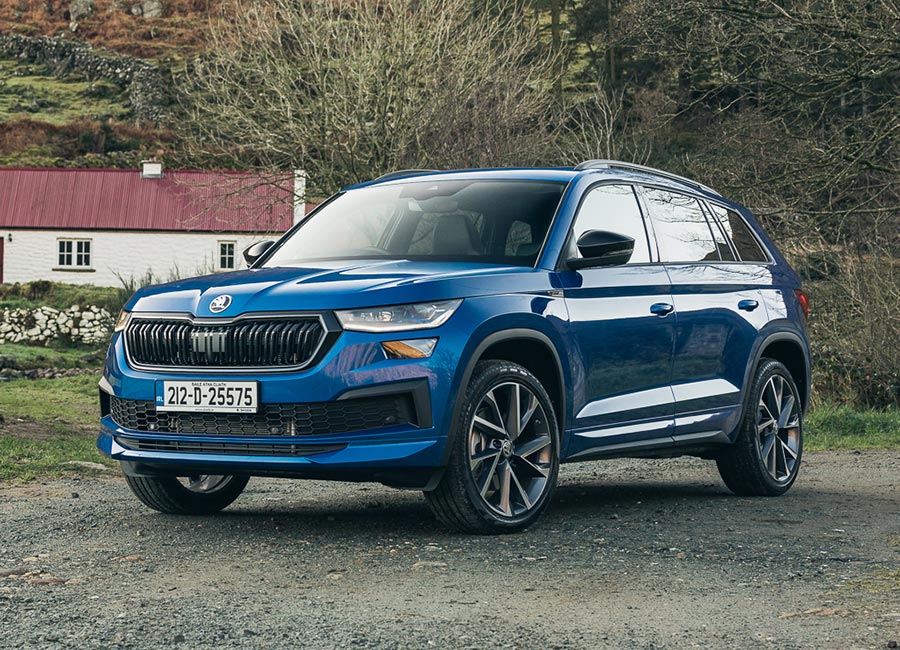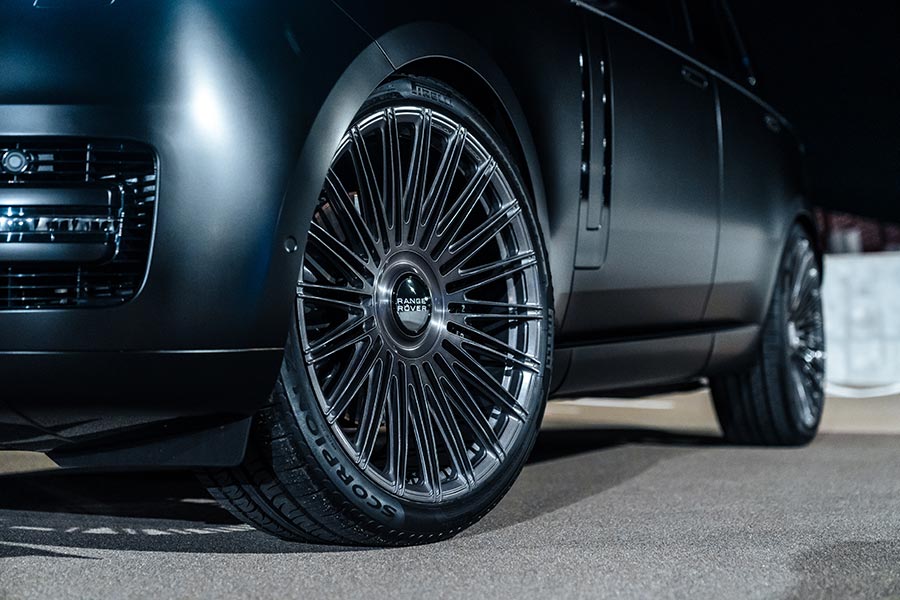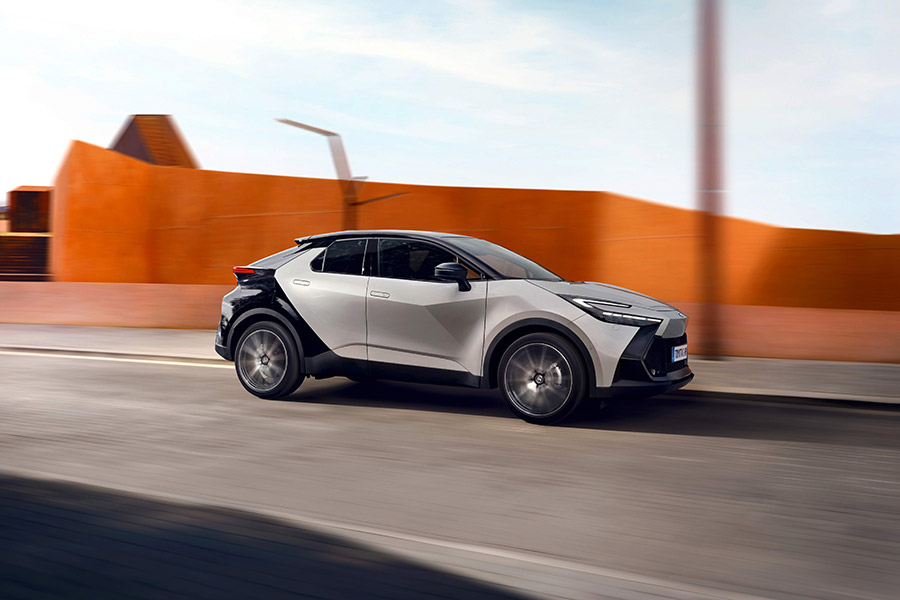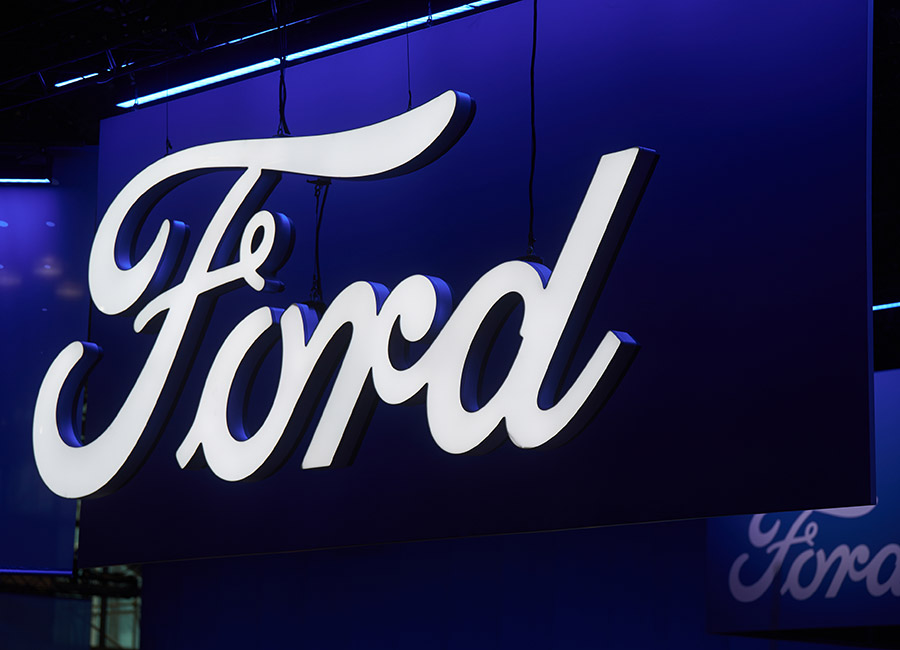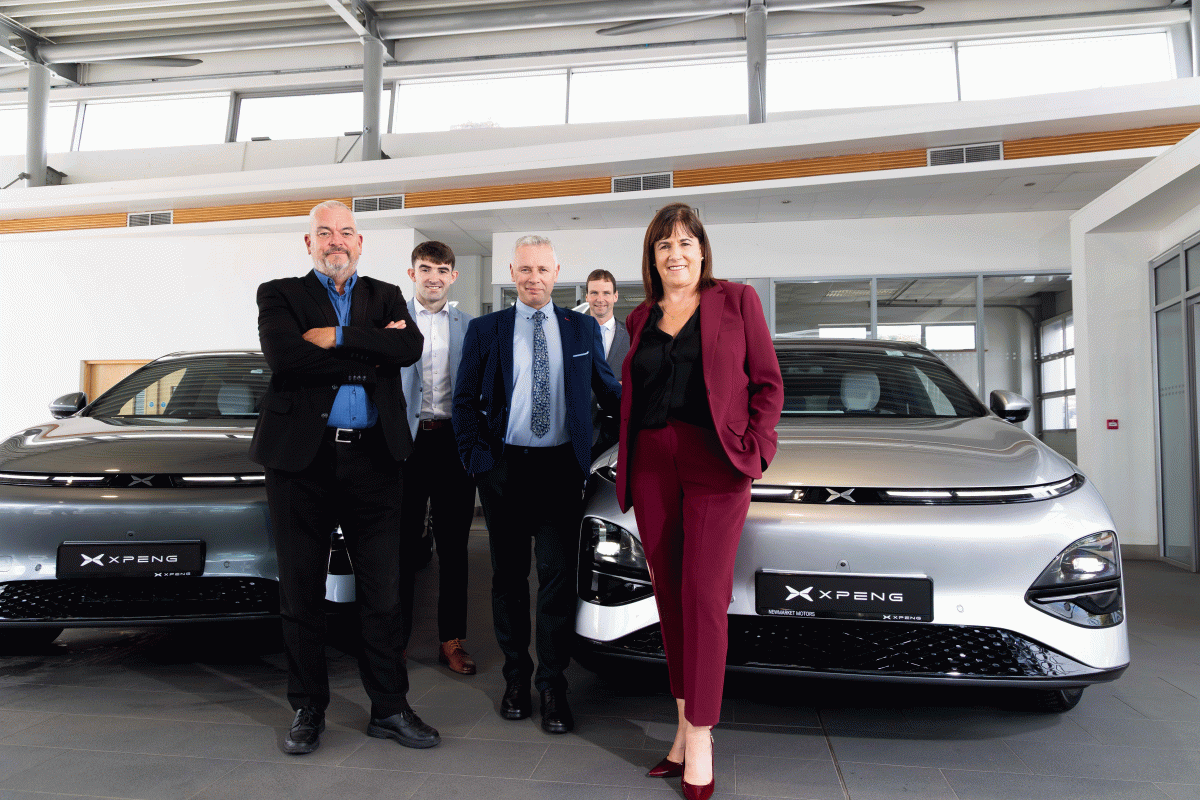SUV body styles are in the firing line. A University College Dublin professor, Aidan Regan, tweeted this week: "Can't be said often or loud enough: Tax SUV's out of existence."
The unnecessary apostrophe there is his, by the way, not mine, so maybe we should start by taxing those out of existence. Anyway, Aidan is not alone in this ambition.
Also this week, the Green Party announced its intention to examine imposing higher taxes on SUVs in the next Budget. Of all parties, the Greens should know best to keep their noses out of motoring issues.
In 2008, they drove the switch that saw motor tax based on emissions rather than engine size. The market immediately flipped, with diesel cars selling at twice the rate of petrol models, only for nitrogen oxide (NOX) emissions to become even more of a threat to public health than carbon emissions.
All this comes at a time when petrol SUVs actually are less polluting than ever before, while many also are plug-in hybrids, and others still fully electric. It's hard but to conclude that science is absent from this debate, with the void filled by urban ignorance of what people in other parts of the country actually need.
Yes, many SUVs are bought for cosmetic reasons and never face a greater challenge than a speed ramp in a Tesco car park. Plenty more are vital to those living in remote rural areas who face winter snow and ice, and need the reassurance on offer, especially in an SUV with four-wheel drive. And others still need what this Skoda Kodiaq brings to the party, namely seven seats.
At the 2016 Census, there were 62,196 families with four or more children. Even allowing for the fact that many of these might have been adult children still living at home in their 20s or 30s, it nonetheless seems pretty obvious that many thousands of families need the option of a seven-seat car. The equally demonised MPV, or multipurpose vehicle, so ubiquitous in the early 2000s has all but disappeared, so for most, the SUV is the only game in town.
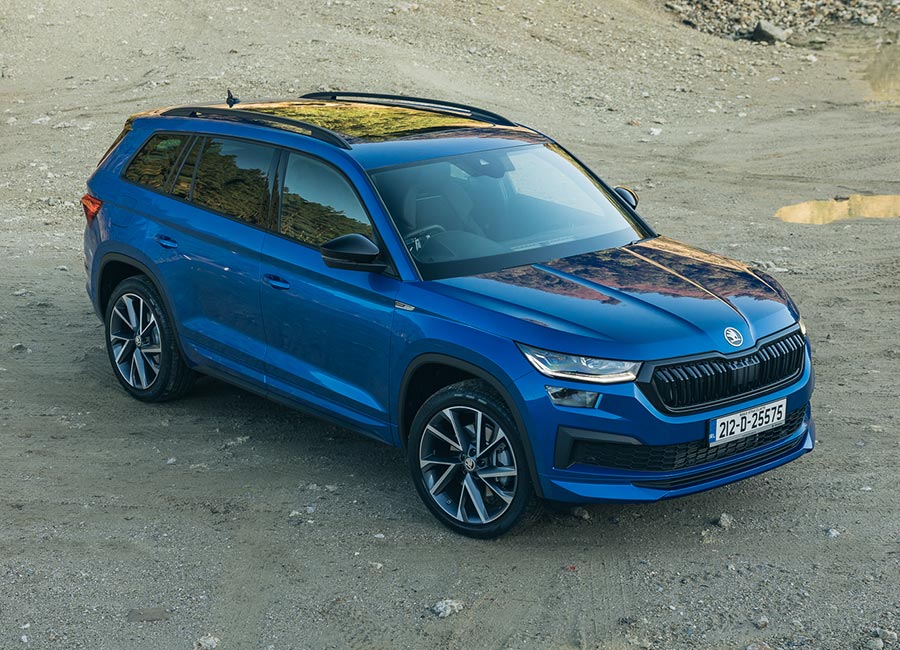
That all changes with the arrival of the new seven-seater Dacia Jogger, more of an elongood gated estate than an SUV, and it surely will be a game changer, with pricing starting at just €23,290, though it comes with a 1.0-litre engine and just 110hp on tap.
But for those who really do want an SUV, and a terrific one at that, the Kodiaq is as good as it gets. When it debuted four years ago, I made it my Car Of The Year here. Its rugged good looks - pretty enough to have undeniable allure, but sturdy enough to show its inner strength - were a winner, and if it was a little overtaken in the former department by its SEAT Tarraco cousin, its latest incarnation has levelled the playing field again (not that it matters - if the playing field was on a 20-degree incline and deeply rutted, the Kodiaq would make light work of it anyway).
I hadn't planned on this being a treatise on SUVs, so I'll be brief. The Kodiaq is as ever. In this Sportline version, you'll get from 0-100kph in 9.8 seconds, fairly leisurely acceleration in a world in which electric power assistance, whether hybrid or full electric, is upending the speeds we expect from a standing start.
It is endlessly practical, from the 765 litres of boot space (expandable to a whole two cubic metres with the back five seats folded) with luggage net, to generous cubby holes and deep door pockets, to hill hold control when things get a little more extreme.
There's a panoramic sunroof, voice control infotainment, adaptive cruise control, and front and rear parking sensors, very necessary in a car almost 5m long.
My test car came with extras, including Race Blue metallic paint, 20-inch Vega alloy wheels, leather/ leatherette upholstery, and a Sportline pack that included electric tailgate, keyless entry and go, heated washer nozzles and a virtual cockpit. Combined with a few other bits and bobs, these added €3,529 to the total price.
The diesel engine is cheerily dependable and well mannered, and the driving position offers a great view of the road ahead, from the deep comfort of a lumbar support seat. Fuel economy, at 5.6 litres per 100 kilometres, is excellent for car of this size.
The Kodiaq remains one of my favourite SUVs, ticking every box you might want ticked. It's not cheap, but grab one while you can - before it's taxed out of existence.
SKODA KODIAQ SPORTLINE BASE PRICE €52,875 MODEL DRIVEN (WITH OPTIONS) €56,404 ENGINE 2.0-litre turbodiesel 1968cc Power 150hp TRANSMISSION Seven-speed DSG automatic 0-100KM/H 9.8 seconds TOP SPEED 204kph FUEL CONSUMPTION (L/100KM) 5.6 (combined) CO2 147g/km, €270 tax DIMENSIONS 4699mm (L); 1882mm (W, excl mirrors); 1686mm (H)


